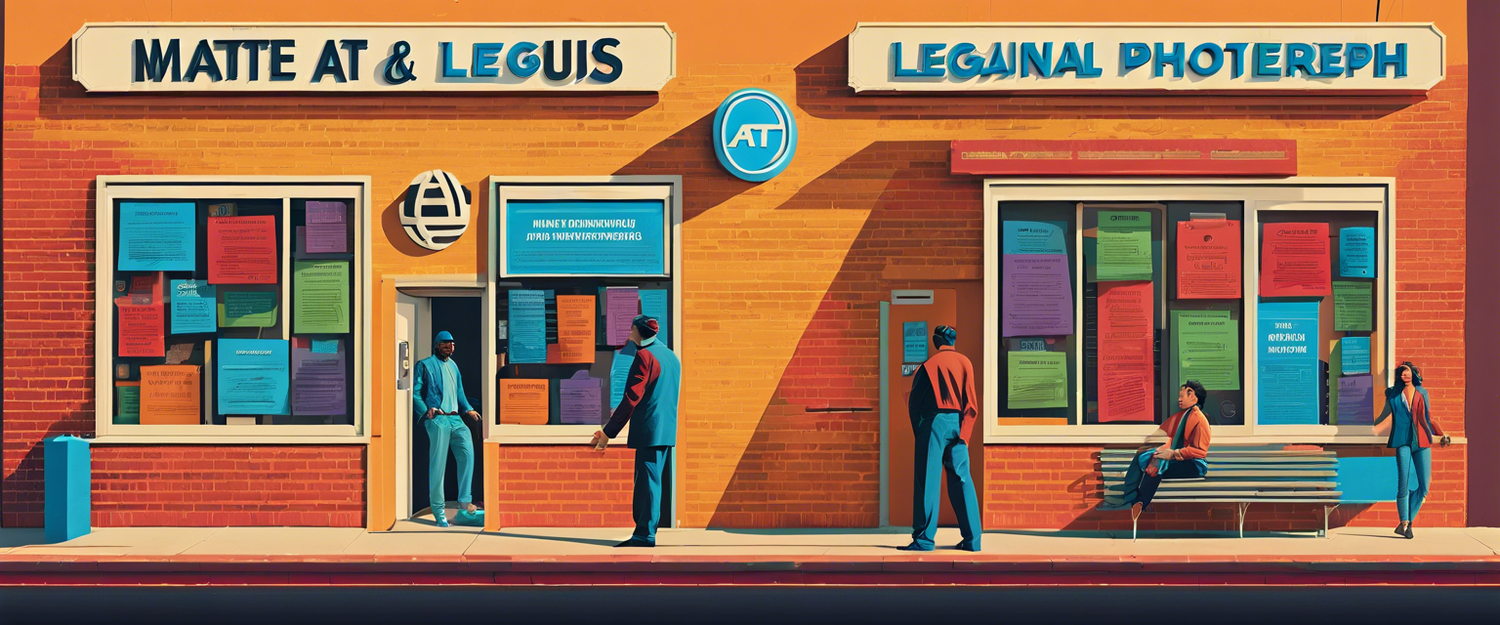AT&T Faces Legal Challenges Over User Data Security
The telecommunications giant AT&T is set to return to court due to allegations of failing to adequately protect user information. This follows a recent ruling where part of a summary judgment previously in favor of AT&T was overturned on appeal, reigniting a high-profile case that dates back to 2020.
The Case at a Glance
The legal saga began when Michael Terpin, a prominent crypto investor, took legal action against a teenager, Ellis Pinsky, for his involvement in the theft of $24 million in cryptocurrency. This massive loss was executed through a SIM swap attack that compromised Terpin's two-factor authentication system.
The Mechanics of the SIM Swap Attack
At the heart of this controversy is a method known as a SIM swap, where hackers manipulate telecommunications providers into switching the targeted user’s phone number to a new SIM card. In this case, Pinsky, who was just 15 years old at the time, along with his accomplice, allegedly bribed an AT&T employee to facilitate the transfer of Terpin’s SIM information onto a blank card.
The Legal Landscape
This incident has unfolded into a complex legal battle not only for Terpin and Pinsky but also for AT&T, which now faces claims under Section 222 of the Federal Communications Act that mandates the protection of user SIM card information. While the court allowed only three of Terpin's original 16 claims to proceed, this battle could have broader implications for data protection practices within telecom companies.
Financial Implications for AT&T
Michael Terpin's legal team is now pursuing at least $45 million in damages, comprising the original $24 million lost alongside additional claims for interest and attorney fees. The outcome of this case could set a precedent for how telecom companies handle user data security and the legal responsibilities they bear in cases of fraud.
Tracking the Stolen Cryptocurrency
Terpin's journey to reclaim his stolen assets included tracking down Pinsky, who ultimately returned $2 million to him. Following this, Terpin also filed a lawsuit against Pinsky when he turned 18, demanding a total of $71.4 million—a figure reflecting the remaining balance of the stolen cryptocurrency and punitive damages related to racketeering charges.
Prior Legal Actions Against Accomplices
In addition to pursuing Pinsky, Terpin also sought justice against another accomplice, Nicholas Truglia, successfully winning a case in 2019 that sought $75.8 million. These efforts underscore Terpin’s resilience in the face of significant financial loss and represent a broader struggle for victims of cybercrime.
A Cultural Reflection
The events surrounding Pinsky and Truglia's online meeting were further popularized through media coverage, including a feature story in Rolling Stone, which highlighted the dramatic nature of their criminal exploits. Now graduated from New York University, Pinsky is often referred to in the media as "Baby Al Capone," reflecting the notorious impact of this case.
Conclusion and Future Implications
As AT&T heads back to court, the implications of this case extend beyond monetary claims—touching on vital themes of cybersecurity, corporate responsibility, and consumer protection in the digital age. Both legal experts and consumers alike will be closely monitoring the outcomes as they can shape future legal standards in data protection and liability.



اترك تعليقًا
تخضع جميع التعليقات للإشراف قبل نشرها.
This site is protected by hCaptcha and the hCaptcha Privacy Policy and Terms of Service apply.